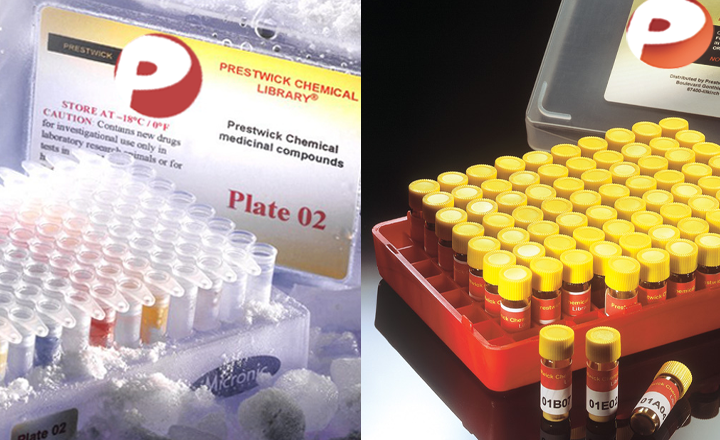High-throughput flow cytometry to detect selective inhibitors of ABCB1, ABCC1, and ABCG2 transporters.
Ivnitski-Steele I, Larson RS, Lovato DM, Khawaja HM, Winter SS, Oprea TI, Sklar LA, Edwards BS
Assay and drug development technologies - vol. 6 263-276 (2008)
Assay and drug development technologies
Up-regulation of pump (transporter) expression and selection of resistant cancer cells result in cancer multidrug resistance to diverse substrates of these transporters. While more than 48 members of the ATP binding cassette (ABC) transporter superfamily have been identified, up to now only three human ABC transporters-ABCB1, ABCC1, and ABCG2-have unambiguously been shown to contribute to cancer multidrug resistance. The use of low-toxicity and high-specificity agents as a targeted transporter inhibition strategy is necessary to effectively overcome multiple drug resistance. An objective of the present studies was to develop and validate HyperCyt (IntelliCyt, Albuquerque, NM) flow cytometry high-throughput screeening assays to assess the specificity of test compounds that inhibited transporters as an integral part of the screen. Two separate duplex assays were constructed: one in which ABCB1 and ABCG2 transporters were evaluated in parallel using fluorescent J-aggregate-forming lipophilic cation 5,5′,6,6′-tetrachloro-1,1′,3,3′-tetraethylbenzimidazolcarbocyanine iodide as substrate, and the other in which ABCB1 and ABCC1 transporters were evaluated in parallel using fluorescent calcein acetoxymethyl ester as substrate. ABCB1-expressing cells were color-coded to allow their distinction from cells expressing the alternate transporter. The assays were validated in a screen of the Prestwick Chemical Library (Illkirch, France). Three novel selective inhibitors of the ABCC1 transporter were identified in the screen, and the activity of each was confirmed in follow-up chemosensitivity shift and reversal studies. This high-throughput screening assay provides an efficient approach for identifying selective inhibitors of individual ABC transporters, promising as probes of transporter function and therapeutic tools for treating chemotherapy-resistant cancers.


